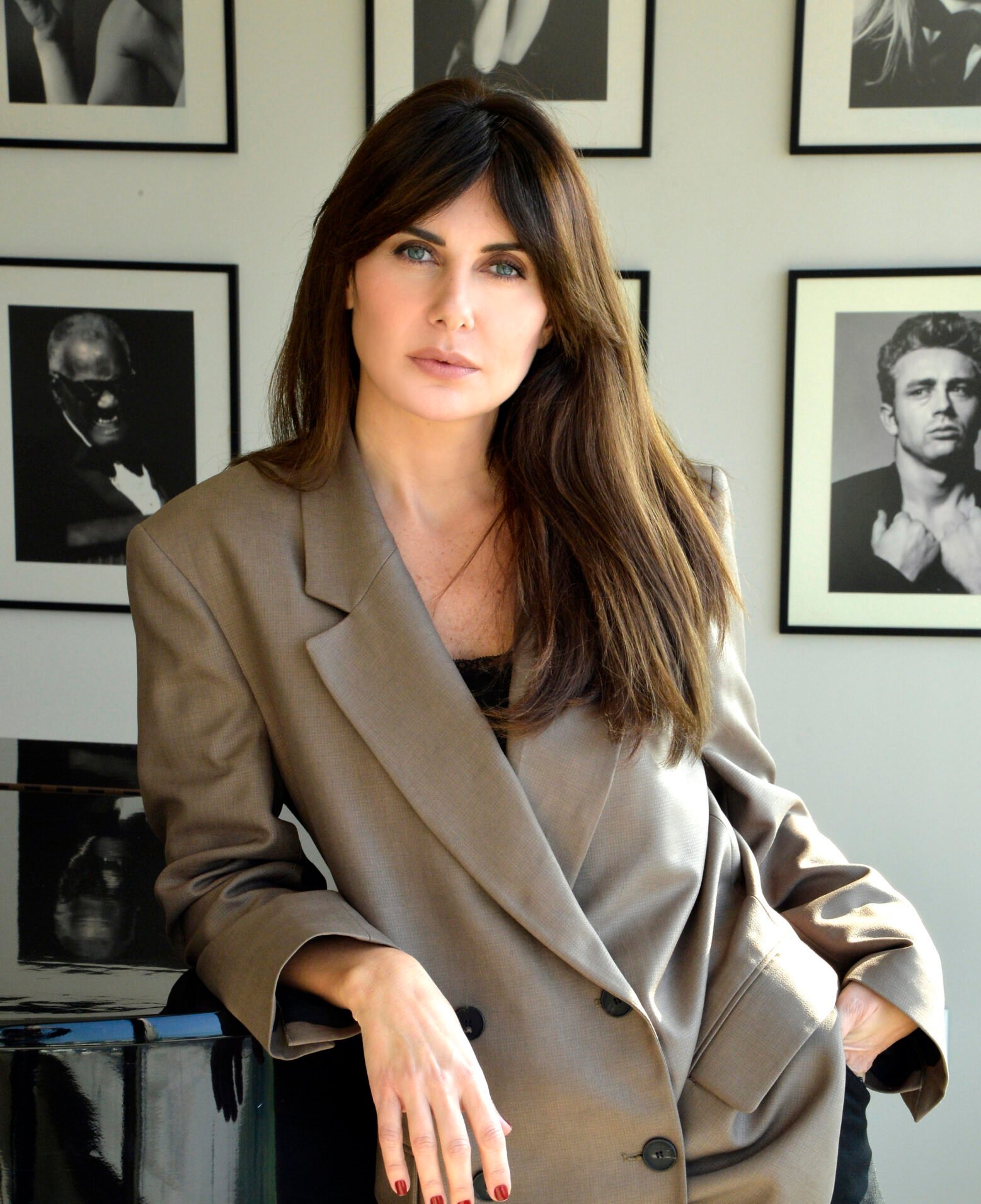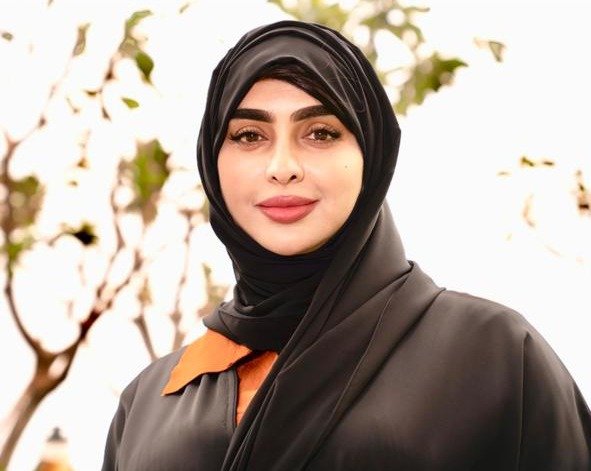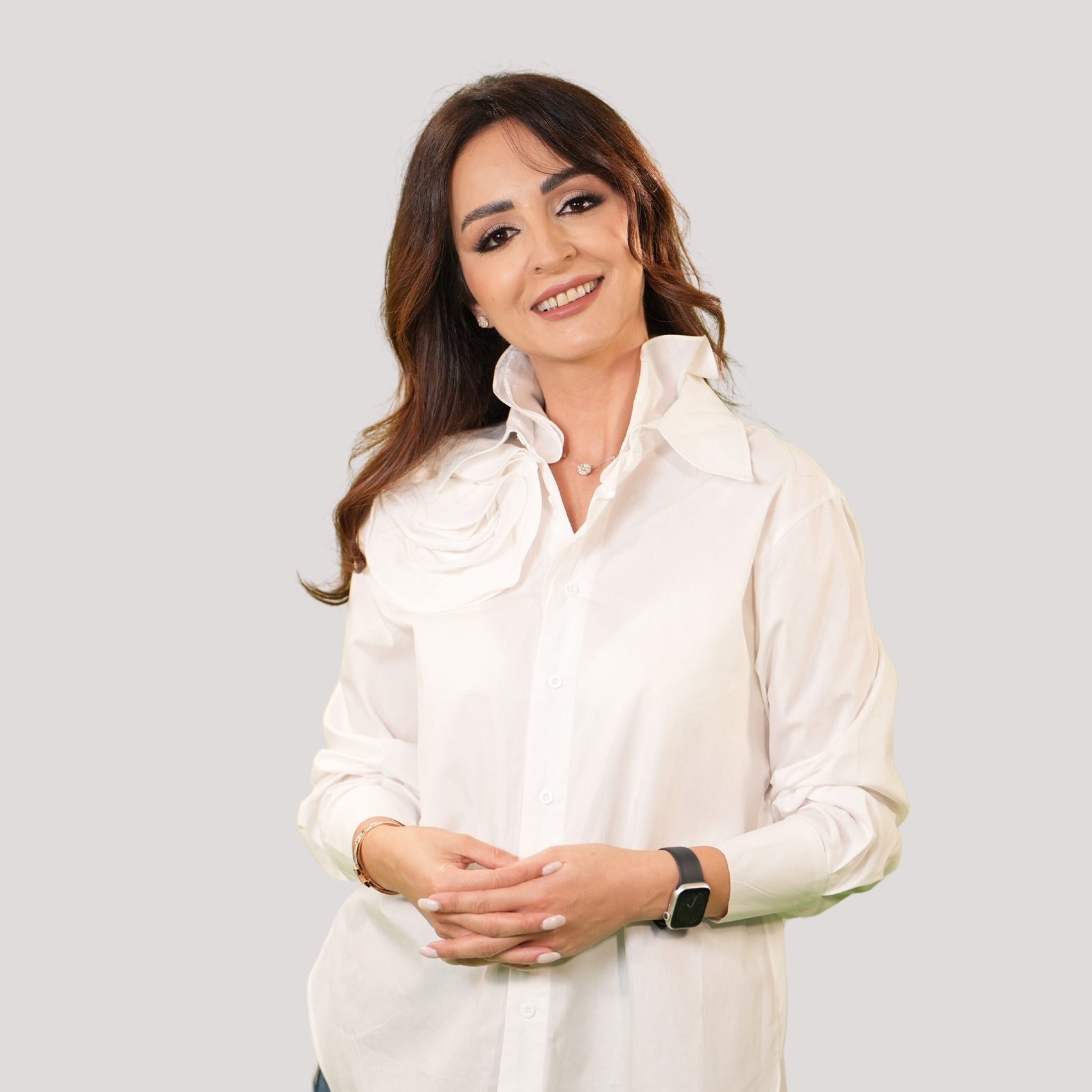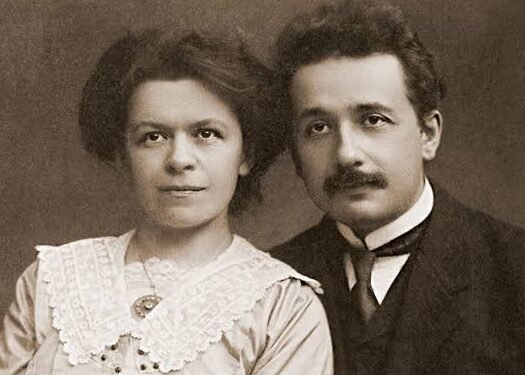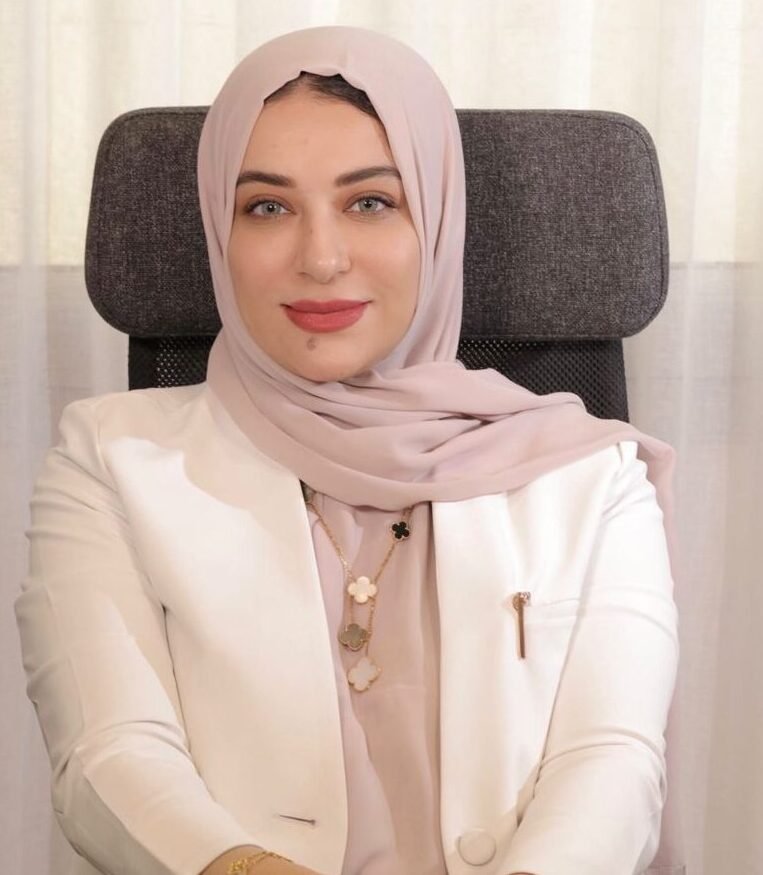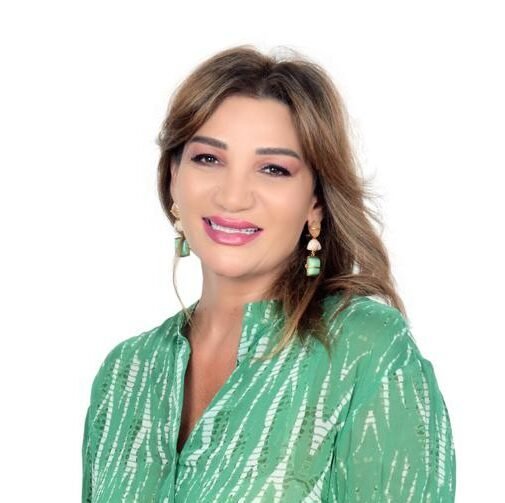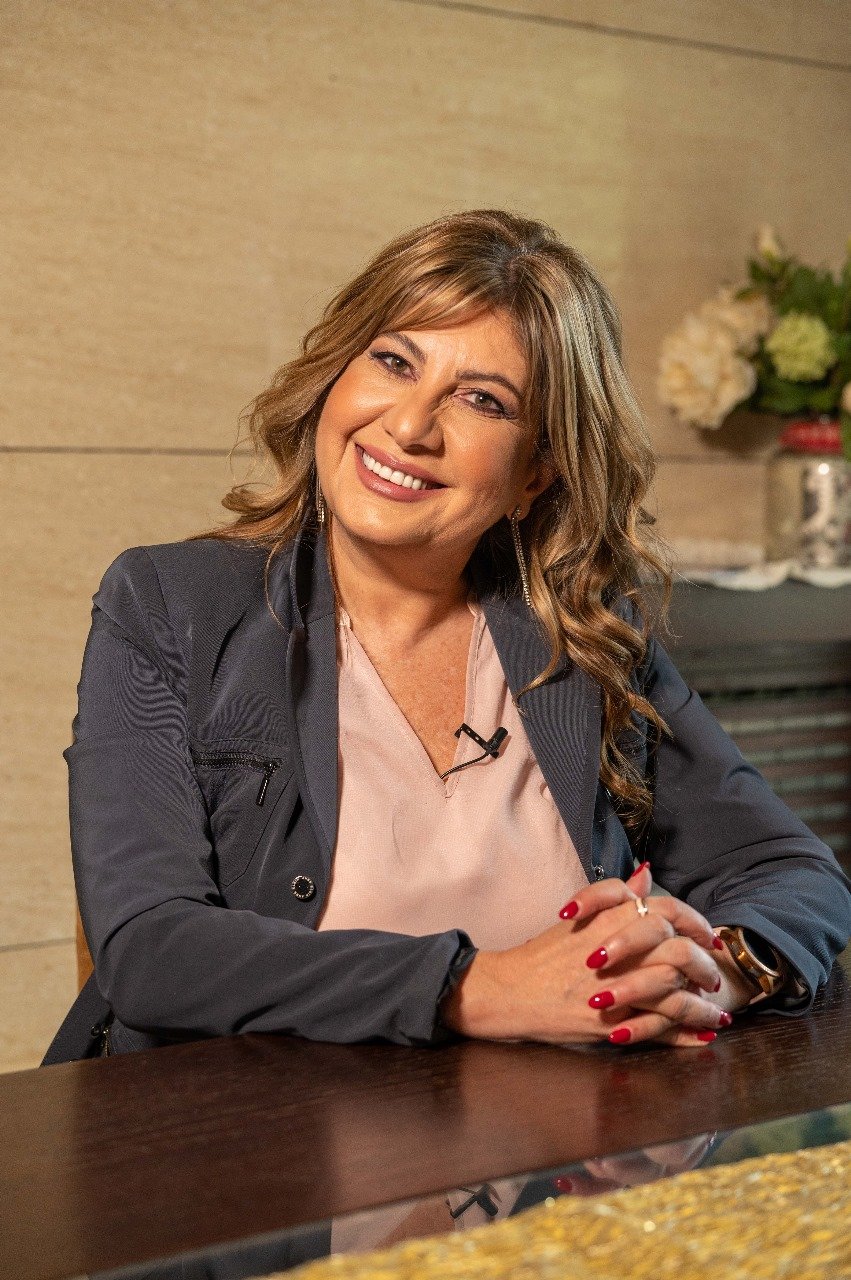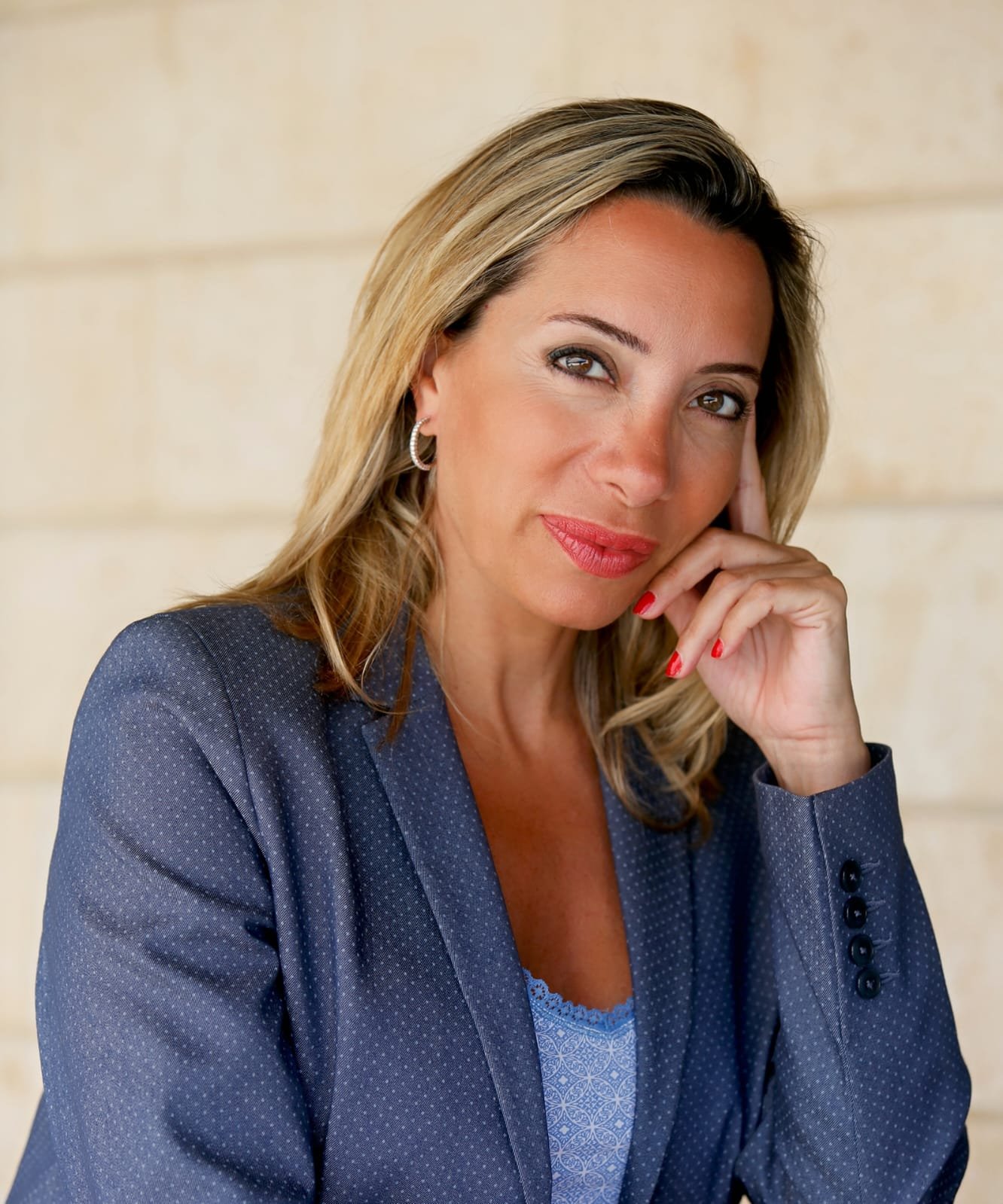
Globally, menstruation is part of a woman’s life, and her transition from girlhood to womanhood. According to UN Women in 2019, It is “bleeding that occurs as part of women’s monthly cycles during their reproductive years and 3-5 days is the average time women menstruate in a monthly cycle”.
Menstruation is perceived as a significant barrier in some parts of the world, such as Kenya, because some girls are seen as shameful and unclean. The main challenge, however, is obtaining high-quality sanitary products. Even though a bill was passed in Kenya in 2017 to reassure girls that the government would be “providing free, sufficient and quality sanitary towels to every girl child registered and enrolled in a public education institution and has reached puberty” (The Presidency, 2017), girls still lack access to sanitary towels, and “two-thirds of women and girls are yet to have access to sanitary towels” (Njoroge, 2019), due to low coverage.
This scheme is not sustainable and reaching the Kisumu’s most vulnerable girls, who once the supply of sanitary pads runs out, are left with zero resources. Even though girls in more developed countries may experience minor inconvenience during their periods, Kenyan girls have a much lower quality of life because they miss school or even drop out entirely due to their periods.
Menstruation is unavoidable, yet girls and women in Africa struggle to cope during their menstrual cycle. According to the 2019 Kenya Population and Housing Census results, females make up 50.5% of the population, meaning that many women who have menstrual problems every month. There appears to be a lack of awareness concerning this critical health issue, as well as no solution, so it deserves special attention because it affects thousands of Kenyan girls.
The Sanitation and Hygiene Fund stated that “6 out of 10 girls” have never heard of the idea of menstruation and were unaware that it was painful until their first period (Menstrual Health and Hygiene: Kenya, 2019). Girls are thus unprepared because there is no one to turn to for assistance, and confusion about what is happening to their bodies causes them to feel anxious and self-conscious. There is a lot more work to be done in menstrual hygiene management, which is essentially, “clean menstrual management materials to absorb or collect blood that can be changed in privacy as often as necessary for the duration of the menstruation period, using soap and water for washing the body as required, and having access to facilities to dispose of used menstrual management materials” (World Vison, 2019).
Furthermore, significant efforts must begin at all levels by breaking the silence and bringing awareness rather than shame. According to UNICEF, “more than 1.2 million primary school-age children in Kenya, which has a population of 50 million, do not attend school at all” (Mire, 2020) due to period poverty and lack of access to sanitary products. This issue also contributes to diseases such as, “urinary tract infections, pelvic tract infections, mental disorders, toxic shock syndrome” (Ejiroghene Ajari, 2020), as well as anxiety, eating less (Tull, 2019), and unintended pregnancies.
Thus, menstruating women face unnecessary challenges due to a lack of knowledge about menstruation and MHM, which results in humiliating menstrual experiences every month.
In conclusion, women are forced to have unsafe and unsanitary periods due to a lack of access to sanitary products. The lack of access encourages risky behavior such as leaving young girls vulnerable to have sexual relationships in exchange for sanitary pads resulting in unequal gender disparities. The danger can also affect their health, so they may catch HIV, AIDS, and other STDs for the sake of obtaining sanitary pads. It is not only about health risks, but “period poverty can also mean girls’ education, well-being, and sometimes entire lives are affected.” (Action Aid, 2021).
Overall, the issue of MHM remains taboo and the people spreading misinformation and old cultural traditions embedded within communities, have an impact on many girls who get their period without having an idea about what to do.
Lastly, girls and women need accurate information, access to quality products, and adequate WASH infrastructure to be successful in MHM. As a result, it is critical to involve country leaders in order to foster a supportive environment for better MHM.
Dimathalia Rizk




